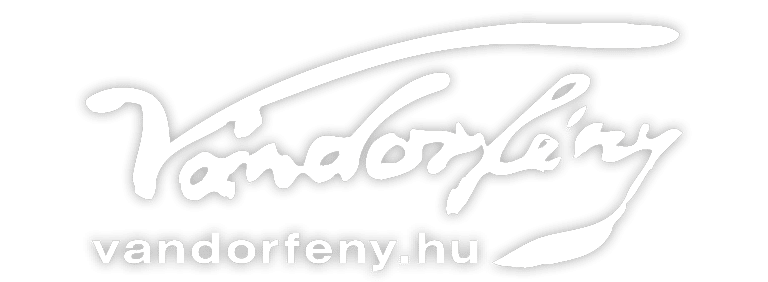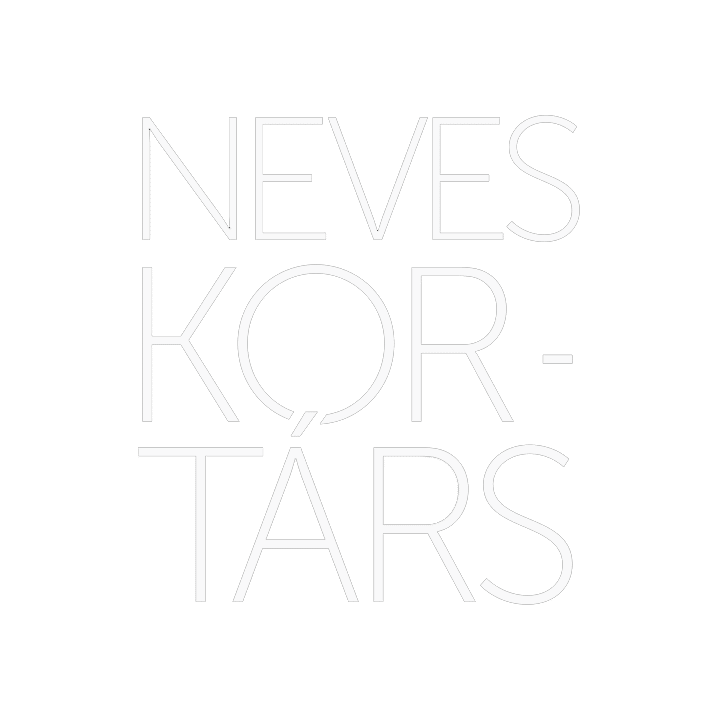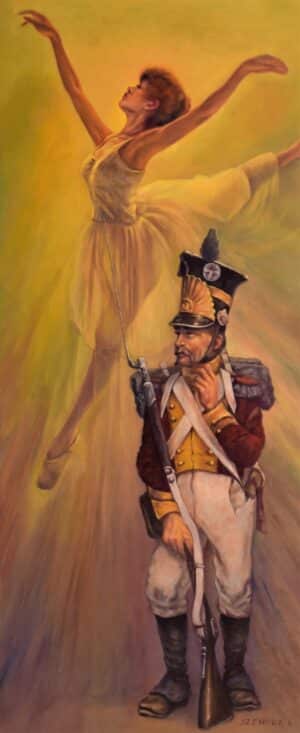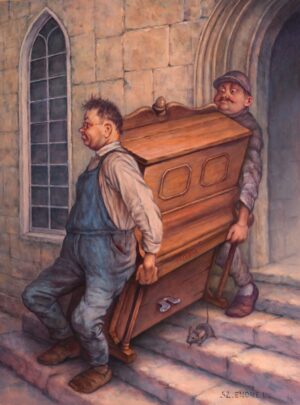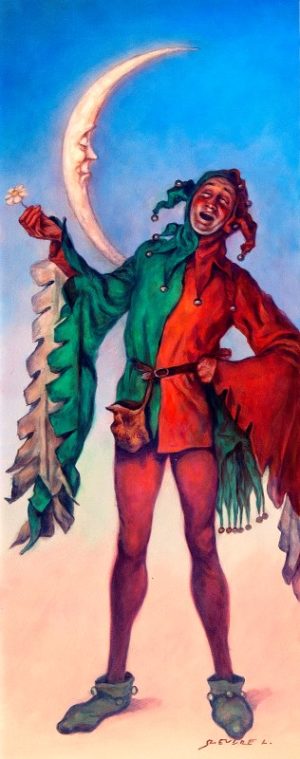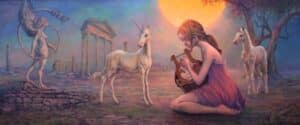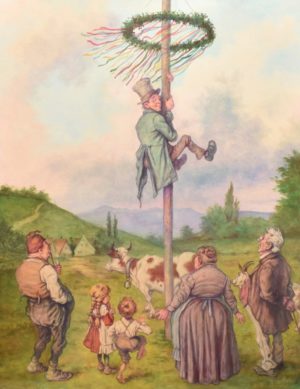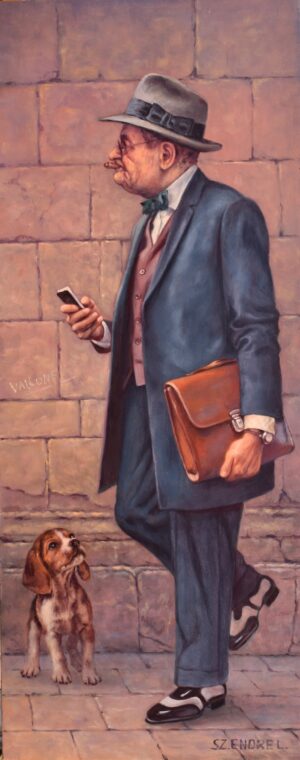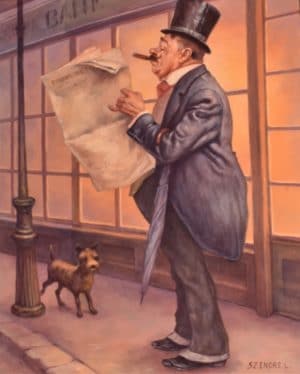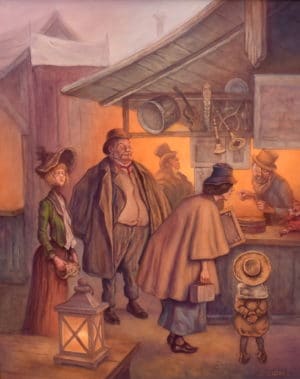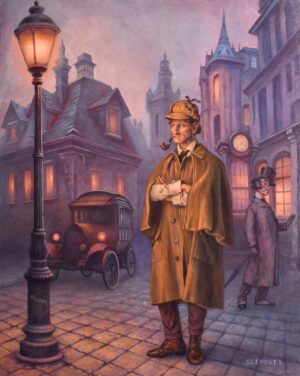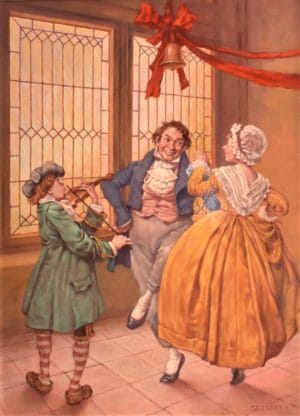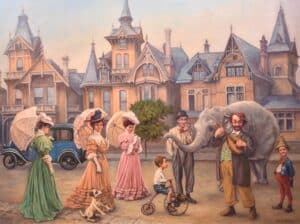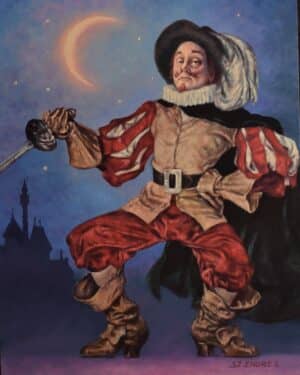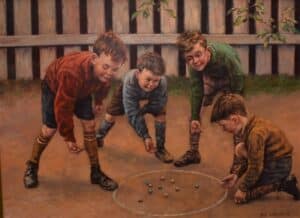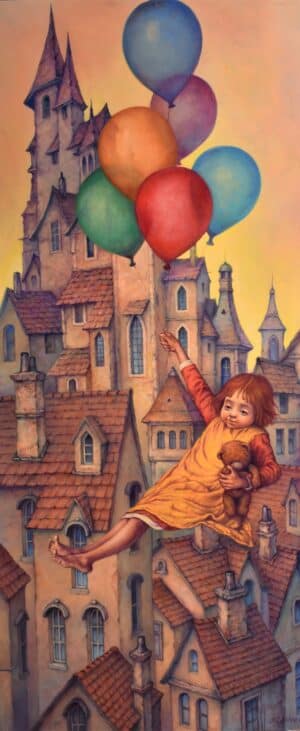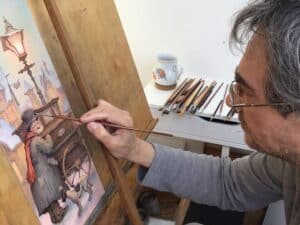
What a brush is to my father, a pen is to me.
He does not like to write, but in return he has dedicated his life to painting.
In the world, he proved to be such a cuckoo's egg even in his own family, because his brothers and sisters chose "decent, respectable" jobs compared to him, while he remained a dreamer.
Where this inspiration came from, we are not sure. Although his ancestors had artistic aspirations, his mother wanted to be an actress, his grandfather travelled the country as a travelling actor for a while in his youth, but they did not stick to their dreams, because in that world, at that time, it would have been considered an outrageous audacity, and perhaps it would still be, if we ask the majority opinion.
The indulgent smiles of dreaming fools we have had to endure in our worldly lives, even from our own extended families, we art lords. I use the plural because my father's two sons, myself and my brother, have not forgotten to dream either. That we,
offspring, we didn't choose the brush as our tool, it's a matter of detail.
For me, growing up in this environment was completely natural, self-evident. There were a few people who wondered, and sometimes they would ask me how it felt to know that my father conjured up complete worlds on canvas at his easel every day, and I could only reply that that was how life was for us. New worlds, new adventures, new stories every day. Which, at the time, we needed very much. Our reality, in those early years, was anything but idyllic, at least if you look at the material side of things. The first attempts of a beginner artist, not very profitable at first, and the dark, cold and unlit apartment in Yózsefváros, where we started our career as a family in Pest, were not exactly the kind of place where privileged former court artists could create at will, for a hefty apanage. So there was a great need for dreams, for a refuge instead of the real world, a kind of castle of refuge where we could hide from the grey nothingness that was growing outside. Pink Floyd was also needed to show the way, and famous dreamers such as Stanley Kubrick, Ridley Scott, David Lynch, Federico Fellini, James Joyce, J.R.R. Tolkien, or János Arany, to name but a few of the colourful panoply of giants who inspired us.
My father is a late bloomer, like us. In our case, development is never gradual, I would call it more gradual. That is: a big, revolutionary leap, then years of stagnation at that level.
My father fought hard to get where he is now. He was given his talent, but he has always had a bad tolerance for constraints, so he has gone his own way in his search for artistic path. He found his own voice at the age of almost 50, when my brother and I were just starting out into the world. The circle had come full circle, my father had come home, the language of form, the technical means, and the artistic message had come together and finally provided the golden essence in the form he had always wanted to tell his own story.
His wanderings were not in the physical world. He did not set foot outside, he did not wander in the real world, he did not travel at will, seeking inspiration, he never had this form of languor. His world is not a physical world, the only tangible part of it are the tools he uses to represent it.
From the outside, the wandering took place in a room by a painting scaffold.
But I always knew where he was. On the borderland between Mordor and Middle-earth, in Pink Floydia, in the German Lowlands in the 1700s, on the musty streets of London during Jack the Ripper's time, or in space if he felt like it.
Of course, he had mentors. You cannot travel such a journey without a Master. I heard that name many times as a child: Tibor Wessely. He was a kind of phantom figure for me, his name was always pronounced with respect and a kind of solemnity, but I was not able to meet him in person until shortly before his death. I know that he was the one who started my father on his career, the first to discover in him the ability, an important detail which my father later explained on several occasions.
The secret: the ability to see.
If this is not there, then the mastery of mapping has failed at the first point.
In this case, the ability to see does not just mean that we have two eyes, light enters them and our brain forms it into an image. The ability to see, in addition to being able to grasp the essence of the elements of the existing world, is more about being able to see the visible world BEYOND.
My father is in some ways an old-fashioned man. He believes in art that has long been forgotten, that is not shrouded in pathos, that is not given value by trends, and that is not the talk of blue-faced, dead-eyed snobs at various illustrious exhibitions where mortal men can barely set foot.
Beauty is the goal. Which is not pretty.
The story is the goal. Which is not syrupy gushing.
People, destinies are important. The characters he portrays are alive, and he was able to bring them back from sleep, after waking up, and capture them telling everything about themselves without words.
My father chose this path for a reason.
Because, as I said before: he is not a man of words. He hates to write as a rule, and he cannot fill in questionnaires because the answers he would give to the questions they usually contain would not reflect the man he is.
My father communicates with the world through his paintings, and it took me a while to understand that.
In these pictures there is everything he can say and express, and perhaps even more, in a clear, human simplicity, without pathos.
All it takes is to see and to dream.
Dávid Szász
2020.04.25
